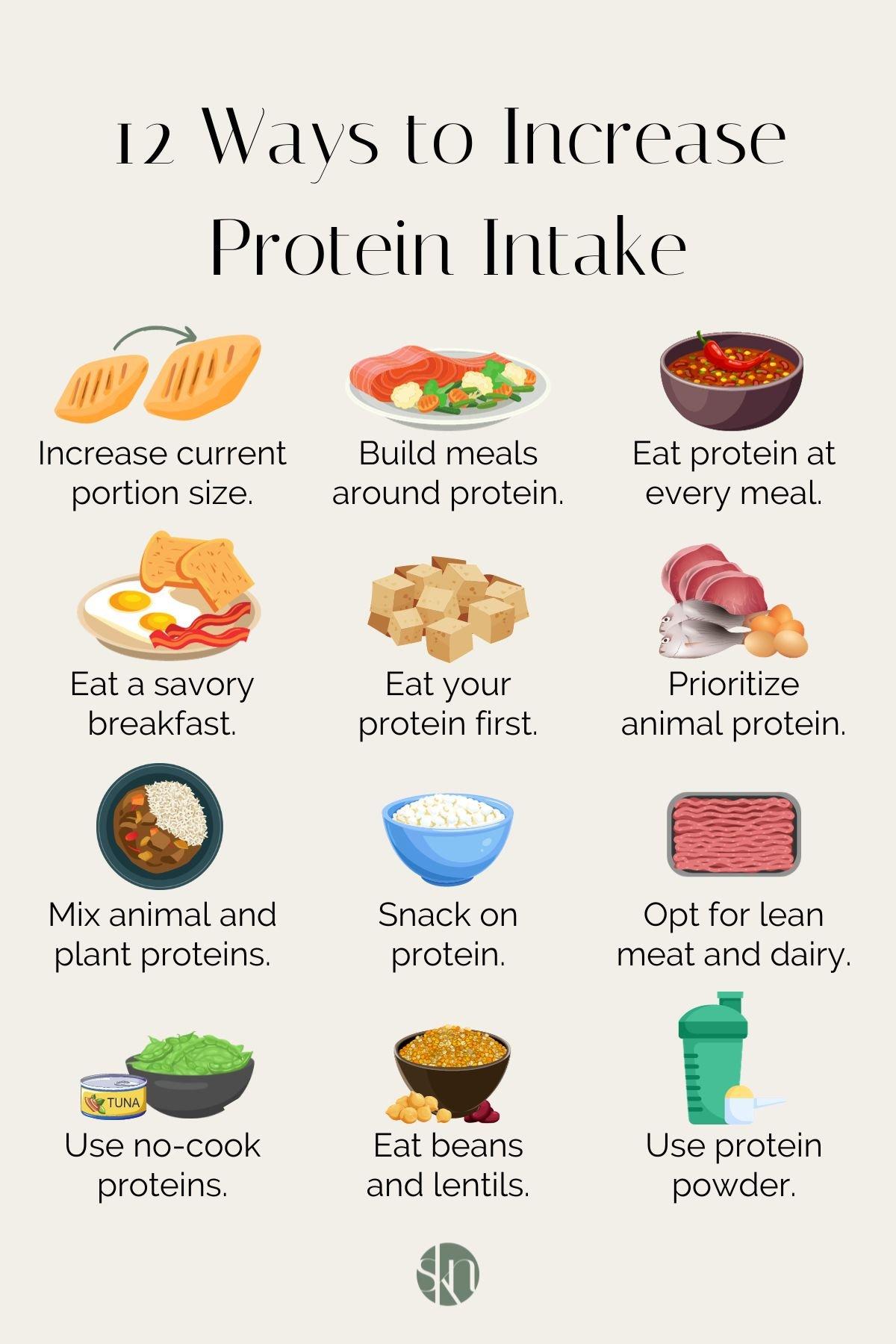Building muscle while following a low-carb diet might seem challenging, but with the right approach, it is entirely achievable. This guide is designed to help you understand how to effectively combine strength training with a nutrition plan that minimizes carbohydrates, optimizing your body’s ability to gain lean muscle mass. With confidence and precision, we’ll explore the essential principles of muscle growth, delve into the benefits of a low-carb diet, and provide actionable steps to help you achieve your fitness goals. Whether you’re an athlete looking to enhance performance or someone aiming to sculpt a stronger physique, this article will equip you with the knowledge and strategies needed to succeed. Let’s embark on this journey towards building muscle the low-carb way, ensuring you not only meet but exceed your fitness aspirations.
Understanding the Science Behind Low Carb Muscle Growth
When embarking on a low carb diet to build muscle, it’s crucial to understand the role of macronutrients and how they affect muscle synthesis. While carbohydrates are traditionally seen as the primary energy source, a low carb approach can still be effective if you focus on protein and healthy fats. Protein is the cornerstone of muscle growth, providing the amino acids necessary for repair and growth. On a low carb diet, aim to consume a higher percentage of your calories from protein-rich sources like:
- Lean meats (chicken, turkey, beef)
- Fish and seafood
- Eggs
- Dairy products (Greek yogurt, cottage cheese)
- Plant-based proteins (tofu, tempeh, legumes)
In addition to protein, incorporating healthy fats is essential. Fats become the primary fuel source in a low carb diet, supporting energy levels and hormone production, which are vital for muscle growth. Focus on incorporating sources such as:
- Avocados
- Nuts and seeds
- Olive oil
- Coconut oil
- Fatty fish (salmon, mackerel)
By understanding these nutritional dynamics, you can effectively leverage a low carb diet to enhance muscle growth without compromising on energy or performance.

Optimizing Protein Intake for Maximum Muscle Gains
When following a low-carb diet, it’s essential to strategically manage your protein intake to ensure optimal muscle growth. The key is to prioritize high-quality protein sources that are both nutrient-dense and align with your carbohydrate restrictions. Consider incorporating the following into your daily meals:
- Lean meats such as chicken, turkey, and beef, which provide a complete amino acid profile.
- Fish and seafood like salmon, tuna, and shrimp, offering not only protein but also beneficial omega-3 fatty acids.
- Eggs, a versatile and complete protein source that can be easily integrated into various dishes.
- Dairy products such as Greek yogurt and cottage cheese, which are high in protein and low in carbs.
- Plant-based proteins like tofu, tempeh, and edamame for those seeking vegetarian options.
To maximize muscle gains, aim for a protein intake of approximately 1.6 to 2.2 grams per kilogram of body weight per day. This range is widely recognized as effective for muscle hypertrophy. Additionally, spreading protein consumption evenly across your meals can enhance muscle protein synthesis, ensuring your muscles are consistently fueled throughout the day. Don’t forget to stay hydrated and consider supplementing with protein powders if meeting your daily protein requirements proves challenging.
Incorporating Effective Resistance Training Techniques
Maximizing muscle growth on a low carb diet requires a strategic approach to resistance training. Focus on compound movements, which engage multiple muscle groups and promote the release of growth hormones. Key exercises include:
- Squats
- Deadlifts
- Bench Press
- Pull-Ups
- Overhead Press
Incorporate progressive overload by gradually increasing the weight or resistance to continually challenge your muscles. This method stimulates muscle adaptation and growth. Additionally, ensure your training sessions are intense but not excessively long, as this can lead to muscle fatigue and impede recovery, especially when your carbohydrate intake is limited. Prioritize proper form and controlled movements to maximize muscle engagement and minimize the risk of injury.
Balancing Macronutrients for Sustained Energy and Recovery
To optimize your muscle-building efforts while adhering to a low-carb diet, it’s crucial to strike the right balance between protein, fats, and the minimal carbohydrates you’re consuming. Protein is the cornerstone of muscle repair and growth, so aim to include high-quality sources such as lean meats, fish, eggs, and plant-based proteins like tofu and tempeh. This not only supports muscle synthesis but also helps you feel satiated.
In addition to protein, healthy fats play a pivotal role in providing sustained energy and supporting hormonal balance. Incorporate sources like avocados, nuts, seeds, and olive oil into your meals. While carbohydrates are limited, focus on low-glycemic options such as leafy greens and non-starchy vegetables to ensure you receive essential vitamins and minerals without spiking your blood sugar. This strategic approach will help maintain energy levels throughout the day and enhance recovery after workouts.
- Prioritize Protein: Aim for 1.2 to 2.0 grams per kilogram of body weight.
- Embrace Healthy Fats: Make up 50-70% of your daily calorie intake.
- Choose Smart Carbs: Opt for nutrient-dense, low-carb vegetables.




